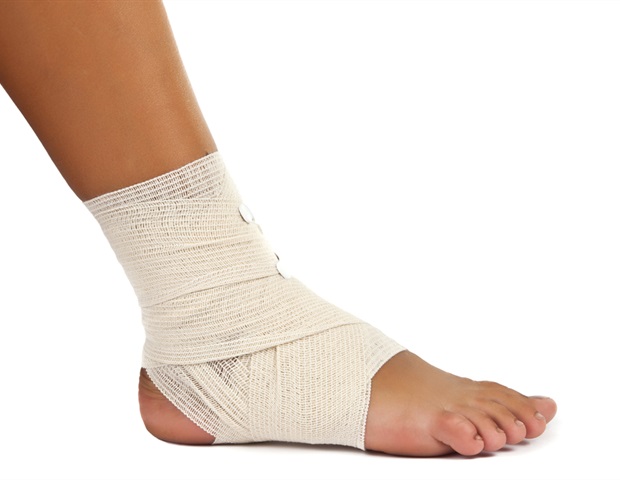Researchers at the Icahn School of Medicine at Mount Sinai have designed a regenerative medicine therapy to speed up diabetic wound repair. Using tiny fat particles loaded with genetic instructions to calm down inflammation, the treatment was shown to target problem-causing cells and reduce swelling and harmful molecules in mouse models of damaged skin. Details on their findings were published in the May 20 online issue of the Proceedings of the National Academy of Sciences ( PNAS ).
Diabetic wounds, often resistant to conventional treatments, pose serious health risks to millions of people worldwide. Immune cells known as macrophages, which are supposed to help, end up causing inflammation instead. This inflammation harms other cells and makes it harder for the wound to heal properly and quickly.

Using lipid nanoparticles (LNPs) loaded with RNA encoding IL-4, a cell-to-cell signaling protein known as a cytokine, the therapy targeted dysfunctional macrophages while simultaneously reducing inflammation and "reactive oxygen species" (ROS) in diabetic wounds. ROS molecules are produced naturally in the body during various metabolic processes and play roles in cell signaling and immune responses. However, excessive ROS production can lead to oxidative stress, causing damage to cells, proteins, and DNA.
This stress is associated with various diseases and conditions, including inflammation and aging. In preclinical models, we basically showed the therapy's ability to reprogram pro-.























